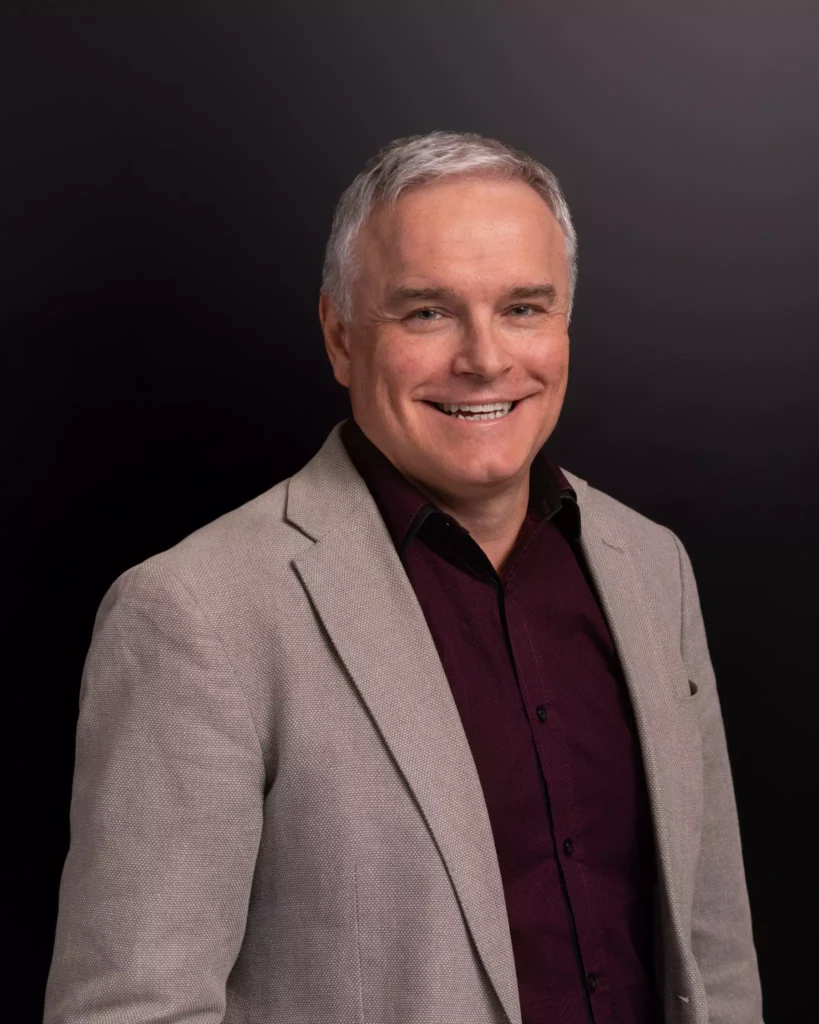Precision, Propaganda, and the Plausible: A Lawyer’s Crusade Against Media Mischief
Norma Harris, LawFuel contributing writer
One might expect that in a country as far from the Middle East as New Zealand, the reporting of international law would be conducted with a modicum of detachment and, above all, accuracy. Yet, as Grant William Smith, an experienced Christchurch property and corporate lawyer, has discovered, the reality is rather less reassuring.

Smith, (pictured) a director at Canterbury Legal, is no stranger to the importance of exact language. Last year, he took exception to a TVNZ broadcast which, in the course of covering campus protests over the Israel-Hamas conflict, asserted that the International Court of Justice (ICJ) had deemed it “plausible that genocide is happening on the ground in Gaza.”
He regarded this was not merely a slip of the tongue, but a serious misrepresentation—one that, in his view, could materially shape public perception and, by extension, the political climate.
The BSA, our broadcasting watchdog, saw things differently, declining to uphold Smith’s complaint.
Smith, ever the advocate, has now appealed to the High Court, arguing that the BSA’s decision was not only wrong, but potentially indicative of a pre-determined mindset. “There was no probability assessment of genocide made by the ICJ at all,” he told Justice Cameron Mander. “Reporting on matters involving Israel and Gaza accurately is vital. Broadcasters must pay attention to ensure the information is clear, accurate and that unambiguous language is used.”
The gravity of the term “genocide” cannot be overstated. To bandy it about carelessly is to risk not only misinforming the public, but also inflaming an already volatile situation.
“Precision is important,” Smith argues. One might add, especially when the stakes are so high, and the room for error so perilously small.
TVNZ, for its part, has defended its position by citing the authority of outlets such as The Guardian, Al Jazeera, and ABC, all of whom have been heavily criticized for their pro-Palestinian ‘plausible genocide” line.
Multiple documents allegedly showing several of Al Jazeera’s Gaza-based journalists as operatives for Hamas or Palestinian Islamic Jihad.
The Guardian , Al Jazeera and The ABC with their well-documented sympathies, are hardly paragons of impartiality. To rely on them as arbiters of truth is, to put it mildly, questionable.
TVNZ lawyer, Joe Edwards, argued that the threshold for overturning a BSA decision is high, and that the BSA is best placed to judge what a reasonable viewer would take from a broadcast. He also questioned what form a correction might take, should Mr. Smith’s appeal succeed, and whether anyone would really understand it.
The assumption that the public is too unlettered or inattentive to care about the difference between “plausible” and “proven,” or between a court’s actual words and a reporter’s convenient paraphrase. It is a view that smacks of condescension, and one that lawyers are uniquely qualified to challenge.
What is clear is the media’s willingness to parrot narratives that suit their ideological bent, often at the expense of accuracy and nuance.
The case is a reminder that, in an age of soundbites and spin, the law—and the lawyers who uphold it—remain a bulwark against the tide of misinformation.
Justice Mander has reserved his decision. One hopes he will remember that, in the courtroom as in the newsroom, clarity and precision are not optional extras, but the very foundation of justice